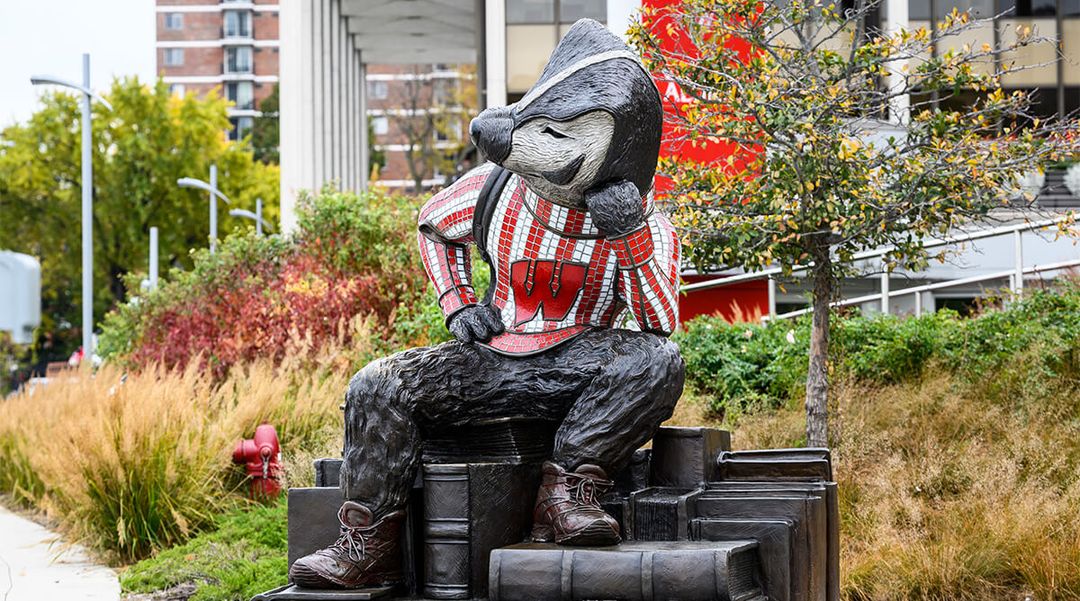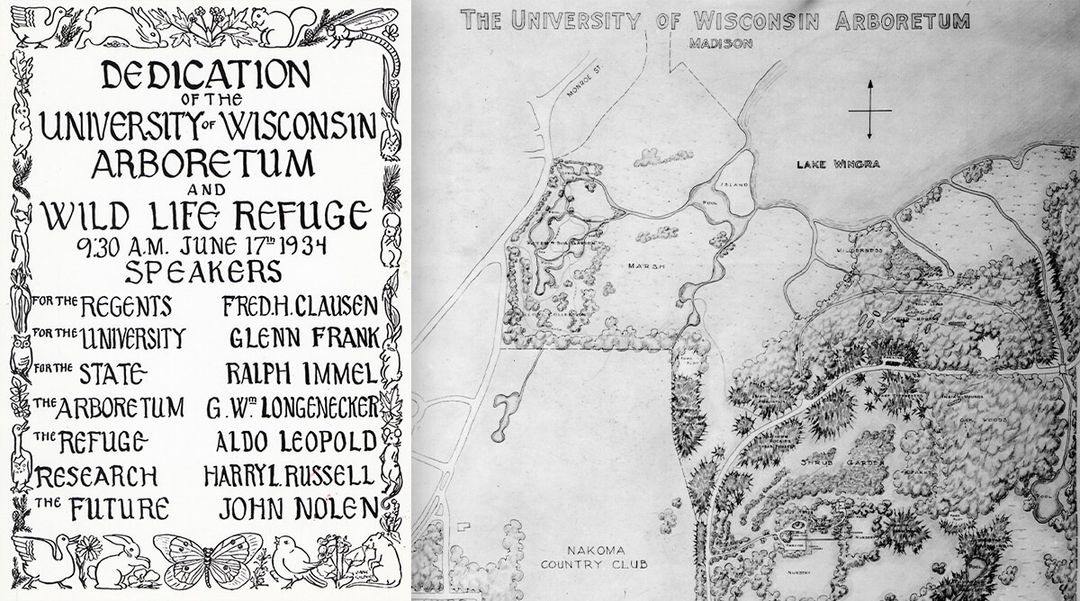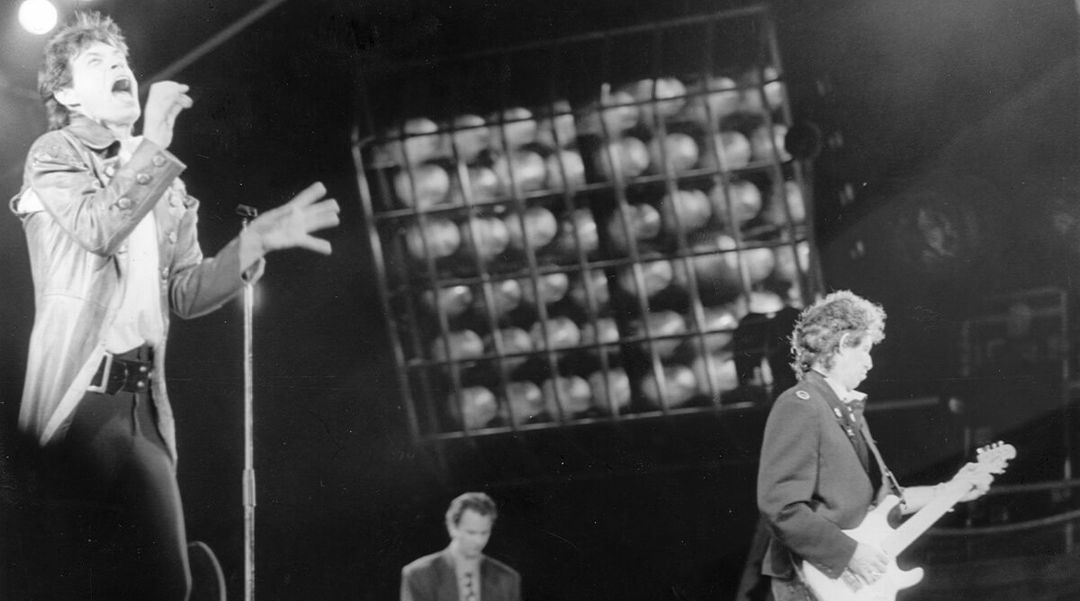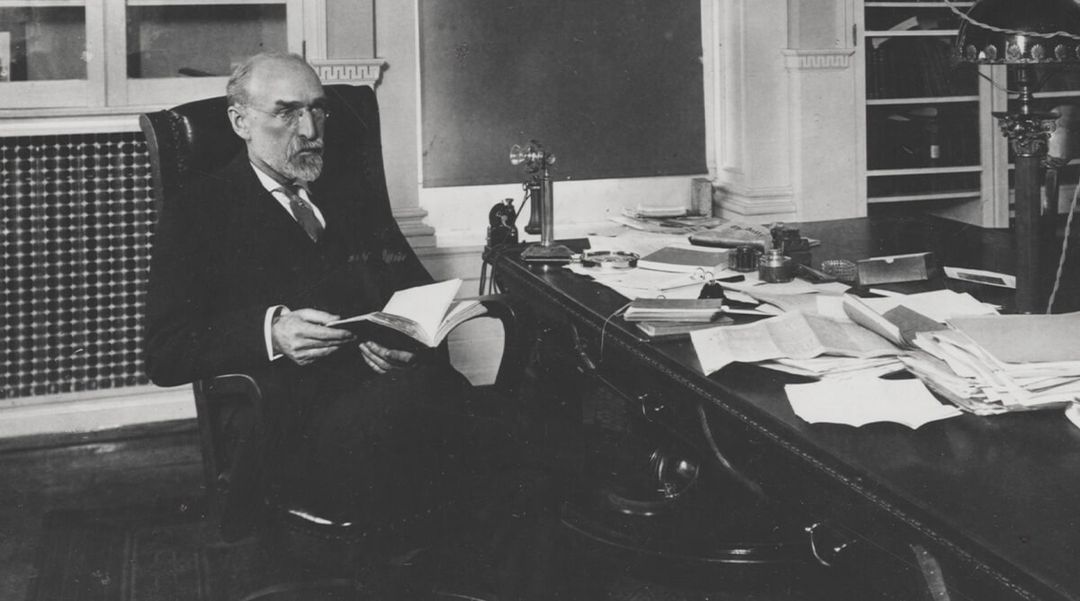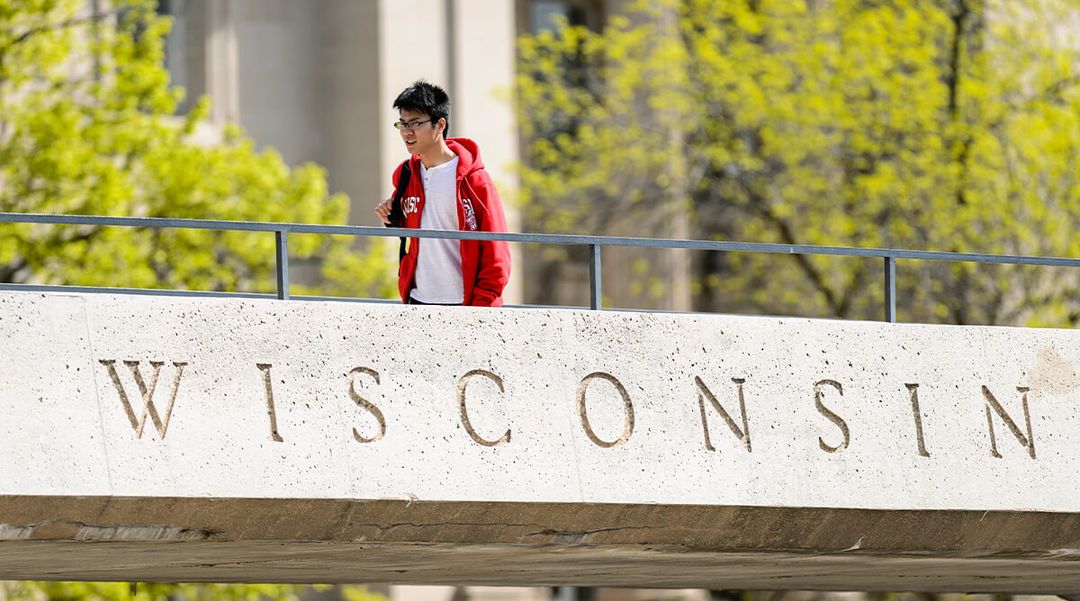Some things have changed in the last century and three-quarters.
University of Wisconsin alumni and alumnae (that’s male — or a mixed group of male and female — and female graduates, in case your Latin is a bit rusty) used to congregate separately, for example. And in the 1930s and ’40s, hundreds, if not thousands, would settle in next to their radio sets to listen to the university band play “On, Wisconsin” live from the Memorial Union.
But some things remain exactly the same.
Each spring, Wisconsin Alumni Association chapters honor the anniversary of the day the very first UW class met by warmly welcoming UW–Madison faculty members or alumni speakers to their cities. And more often than not, they serve Wisconsin cheese to the bright-eyed Badgers who are eager to socialize, share stories of the good old days, and celebrate the achievements of the University of Wisconsin.
The Earliest Days
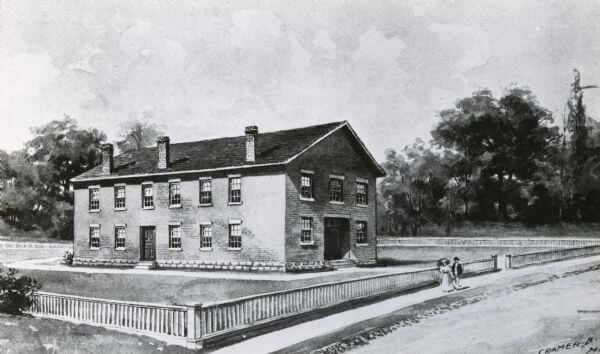
On February 5, 1849, 20 young men walked into a small, brick building near Madison’s Capitol Square to learn arithmetic, grammar, geography, and Latin. These students were the first to attend the UW — at that time, and for the two years following, a simple preparatory school. Only one-quarter of them would ultimately graduate, but they laid the groundwork for the world-class institution that we know and love today.
In 1861, two of those graduates founded the Wisconsin Alumni Association to support their alma mater, but it wasn’t until nearly seven decades after that first class that alumni organized a celebration in honor of the university’s origins.
"Let us resolve that through us — as we are here, and as we go out to live our lives in our communities, lives enriched by the gifts of the state and of the nation — we can see to it that our beloved country becomes in a new way and a higher sense than ever before, one out of many, and that our beloved state of Wisconsin remains true to its motto, ‘Forward.’ ”
UW President E. A. Birge
The earliest documented commemoration of that first class was held in Madison in February 1915. The following year, WAA’s executive secretary urged alumni clubs across the country to observe the UW’s establishment “sometime in February … with fitting celebrations which might include speakers from the university.”
In 1919, student leaders planned the first campus-wide “Foundation Day” celebration, declaring in a Daily Cardinal editorial that “too few students know anything about the past life of their university.” Classes ended early so that 2,000 students could gather at the Red Gym to listen to the band play and hear Bishop Samuel Fallows 1859 reminisce about his time on campus in the early days.
Campus celebrations continued in various formats throughout much of the next century. On February 18, 1924, 6,000 alumni, students, faculty, and community members gathered at the Stock Pavilion to celebrate Founders’ Day — and many more had to be turned away. The band played old favorites; the Mozart Club sang new songs; and there were speeches, skits, and dancing — all while the crowd dug into generous helpings of birthday cake topped with cardinal and white candles, one for each year that the university had been open. (That’s 75, if you’re counting.) After the university president’s closing remarks, fireworks exploded to the tune of “The Star-Spangled Banner.”
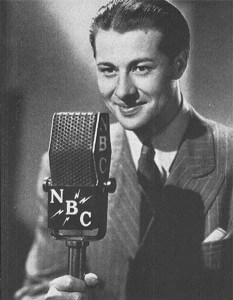
WAA leaders continued to encourage all alumni chapters to observe the university’s anniversary, and each year the events grew in size and popularity. In the late 1920s and early ’30s, many chapters were delighted to watch a silent film called On to Wisconsin, featuring campus scenes and the fictionalized story of a UW freshman.
Speakers at local events lectured on a wide variety of topics: Mahatma Gandhi’s fight for freedom in India, Native American culture in the Midwest, and even the morals of the film industry.
Going National
In February 1937, WAA took to the airwaves: a radio broadcast that allowed alumni in Madison and at least 40 other cities to simultaneously celebrate over NBC’s Blue network. Hundreds of Badgers filled Great Hall at Memorial Union, where Prof. Ray Dvorak’s university band kicked off the evening with a rousing rendition of “On, Wisconsin.” Two alumni in Chicago recited stories about the early days of the university. And for the program’s coup, star of the silver screen Don Ameche x’31 broadcast directly from Hollywood.
These airings continued for several years, and during World War II they included special tributes to Badgers serving their country at home and overseas.
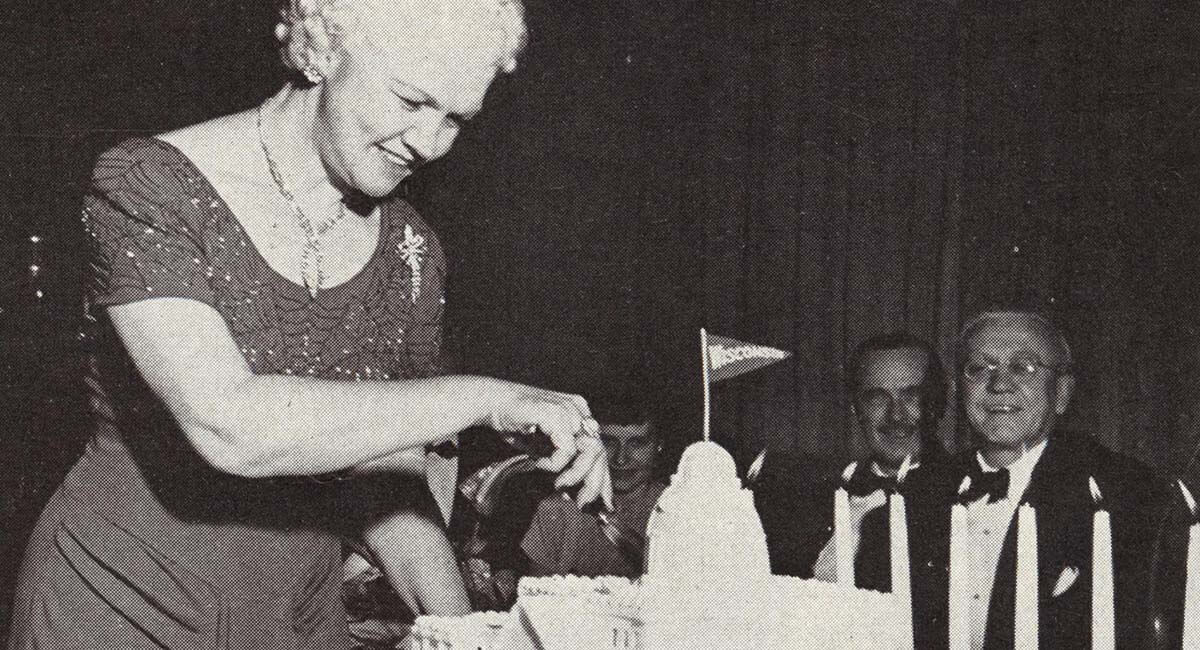
The broadcast in 1949 started four days of celebration in honor of the university’s 100th birthday, culminating in a dinner and dancing at Memorial Union on February 8. Alumni and friends were amazed to find Wisconsin’s First Lady, Mary Fowler Rennebohm ’20, cutting a 60-pound cake in the shape of a frosted Bascom Hall, measuring six feet wide and more than a foot tall. New head football coach Ivan “Ivy” Williamson spoke to the capacity crowd, and students performed a skit built around the 1850 inauguration of the UW’s first chancellor, John Lathrop.
"Let us on Founders’ Day, their day and our day, look gratefully backward. Let us do this in order that we may look forward with better vision, and with firm resolution."WAA President George I. Haight 1899
WAA President George I. Haight 1899
As the years went on, the alumni chapter network continued to grow (the first Founders’ Day in Lima, Peru was held in 1954), reaching a high point of more than 100 alumni clubs around the world. Conversation evolved from support for war efforts to the fight against Communism, though some perennial topics are familiar: rallying alumni support for the university’s mission, state funding, and the need for private donations.
This year, alumni in cities across the nation are commemorating their alma mater’s 175th anniversary. And those graduates who can’t celebrate with fellow Badgers in person are encouraged to share their pride in the UW and to reconnect with each other and with UW–Madison in other ways, whether by volunteering locally, supporting current students or making a gift.

